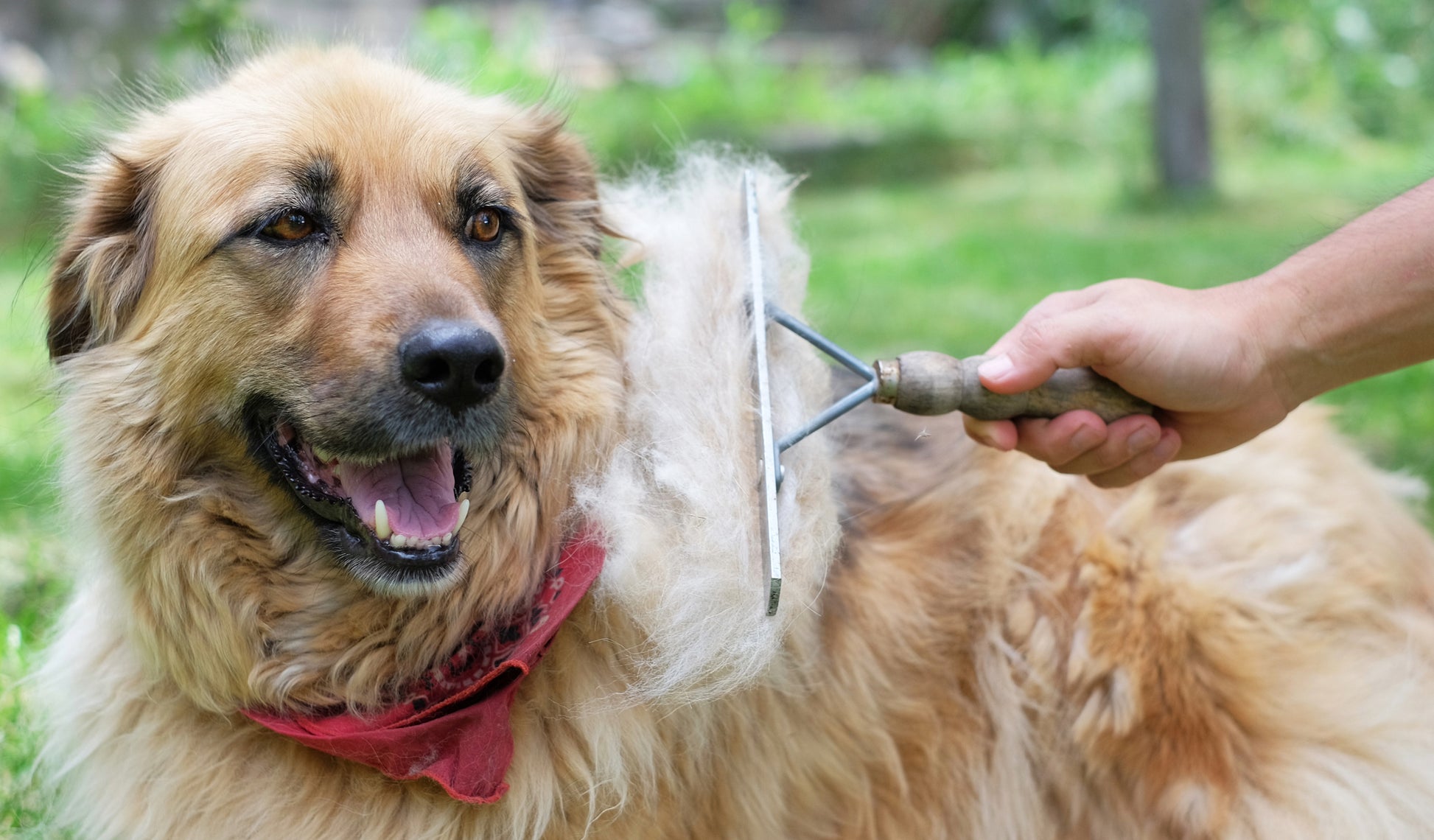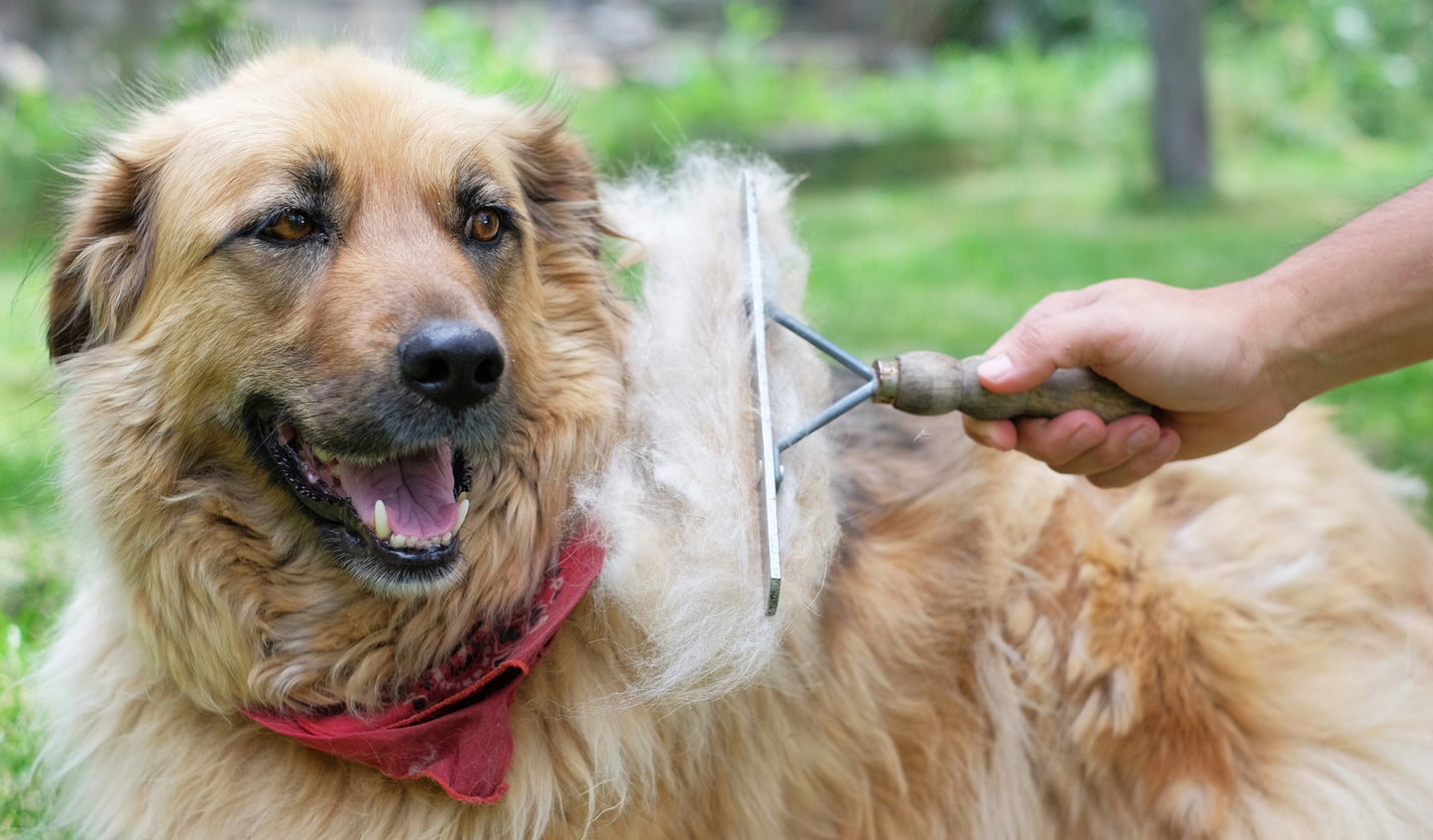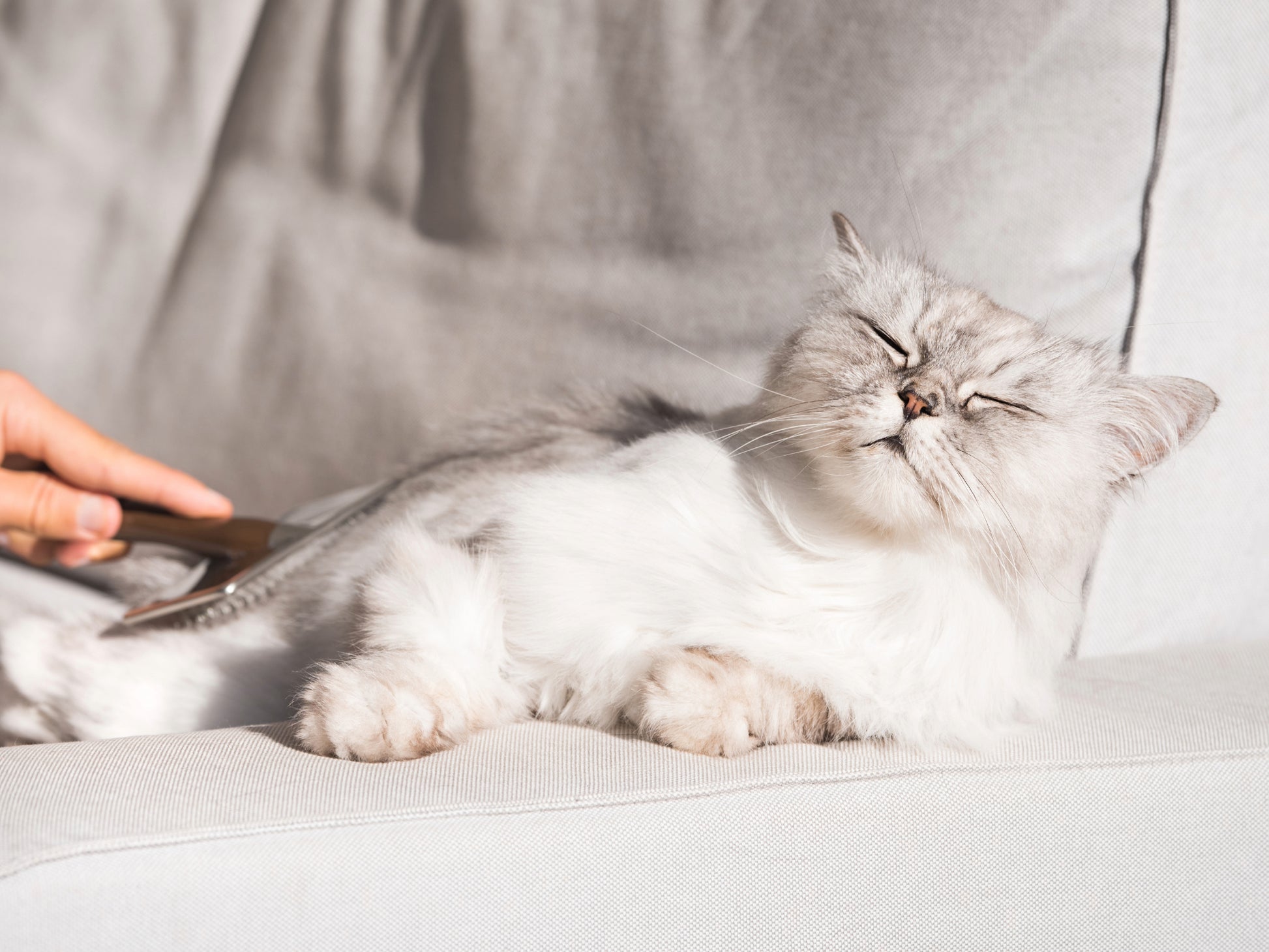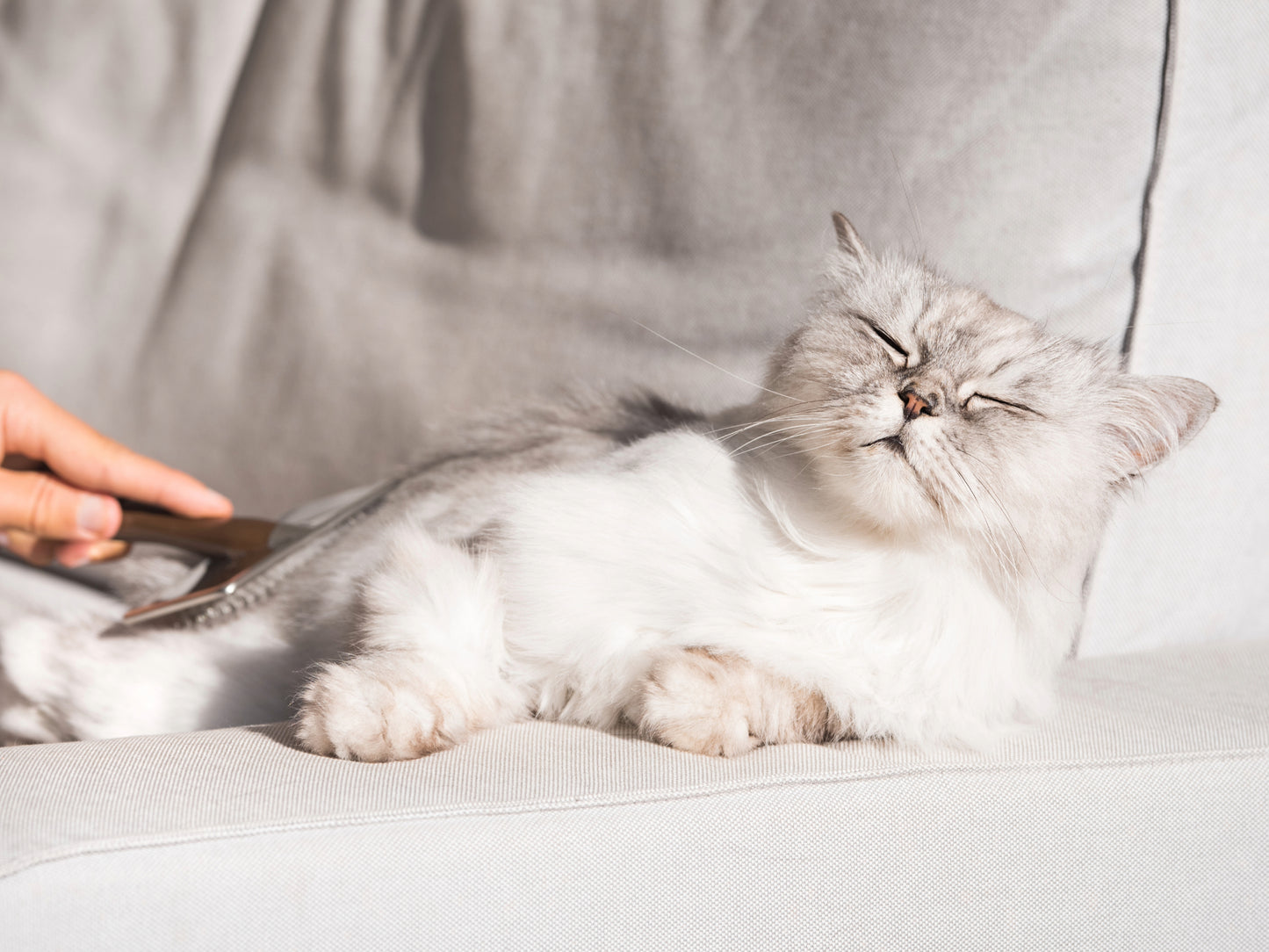Wool and the Circular Economy
Less than 3% of Canada’s yearly wool clip is suitable for fine textiles. Most of our wool was shipped to China pre 2020 as Canada has virtually no fibre processing capacity anymore. In 2022, the most difficult year for wool in recent memory, farmers are paid approximately $0.11/lb for their wool by The Canadian Cooperative of Wool Growers. With shipping prices so high, and the lack of global demand for the type of wool Canada produces it is not longer being shipped to Chinese factories. This wool is now sits in warehouses, barns, and in the back 40 of properties across the country.

Wool reduces plastic. Plastic is energy and resource intensive and doesn’t truly break down, it just becomes smaller and smaller, creating microplastics that can be found throughout the world including in our blood in Arctic ice cores, and in the deepest depths of the ocean.
Waste wool will be utilized. Currently Canada produces approximately 1200 tonnes of wool. Most of Canada's wool is above 29 microns which is considered coarse and has a very high vegetable matter content making it difficult to process. Canada's lack of processing means this kind of wool is not utilized
in any form.
Historically wool was used in many forms beyond yarn. Today innovative uses for wool is being explored across the globe. Let's make Canada a part of that innovation!
Benefiting Farmers
These farms have taken the leap and partnered with EcoWool Canada Inc. helping create new wool products with what is considered waste wool. The goal of the project is to have a baseline of having the cost of shearing covered by the value of the wool. These brave farms are:

|
 |
Being a part of C.O.I.L.

Today almost every product we consume is made from virgin materials, used for a time and eventually thrown away. This is called the linear economy. It is wasteful and inefficient for businesses, and unsustainable for our environment.
The Circular Economy is the future.
Circular approaches capture and reuse waste materials, creating innovative new products and business models, and redesign supply chains to be more sustainable and resilient. The circular economy has sparked the imagination of businesses and organizations across Ontario, Canada and the world.
But how does an entrepreneur or established business test a new circular business model or product? How do they find end-of-life materials to reuse, or other businesses interested in collaborating?
The Circular Opportunity Innovation Launchpad (COIL) is an innovation platform and activation network aimed at creating, proving and scaling transformative solutions that will move Canada toward a more sustainable, circular economy.
Together with partners, the City of Guelph is launching programs, Test Beds and platforms designed to mobilize organizations towards circularity. COIL inspires and supports circular businesses, social enterprises and collaborations in the food and environment sectors.

EcoWool Canada
Custom yarn spinning-cat and dog hair
Share


EcoWool Canada
Custom felting-cat and dog hair
Share

